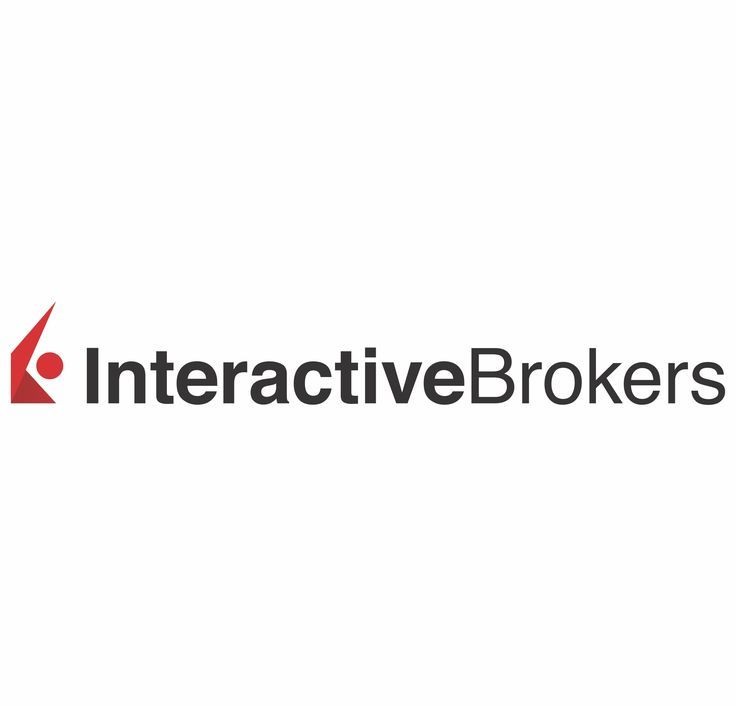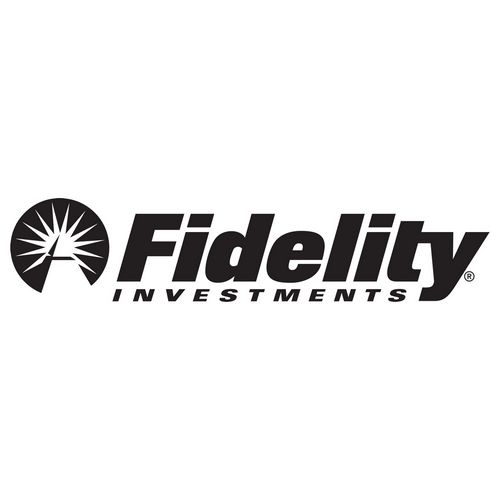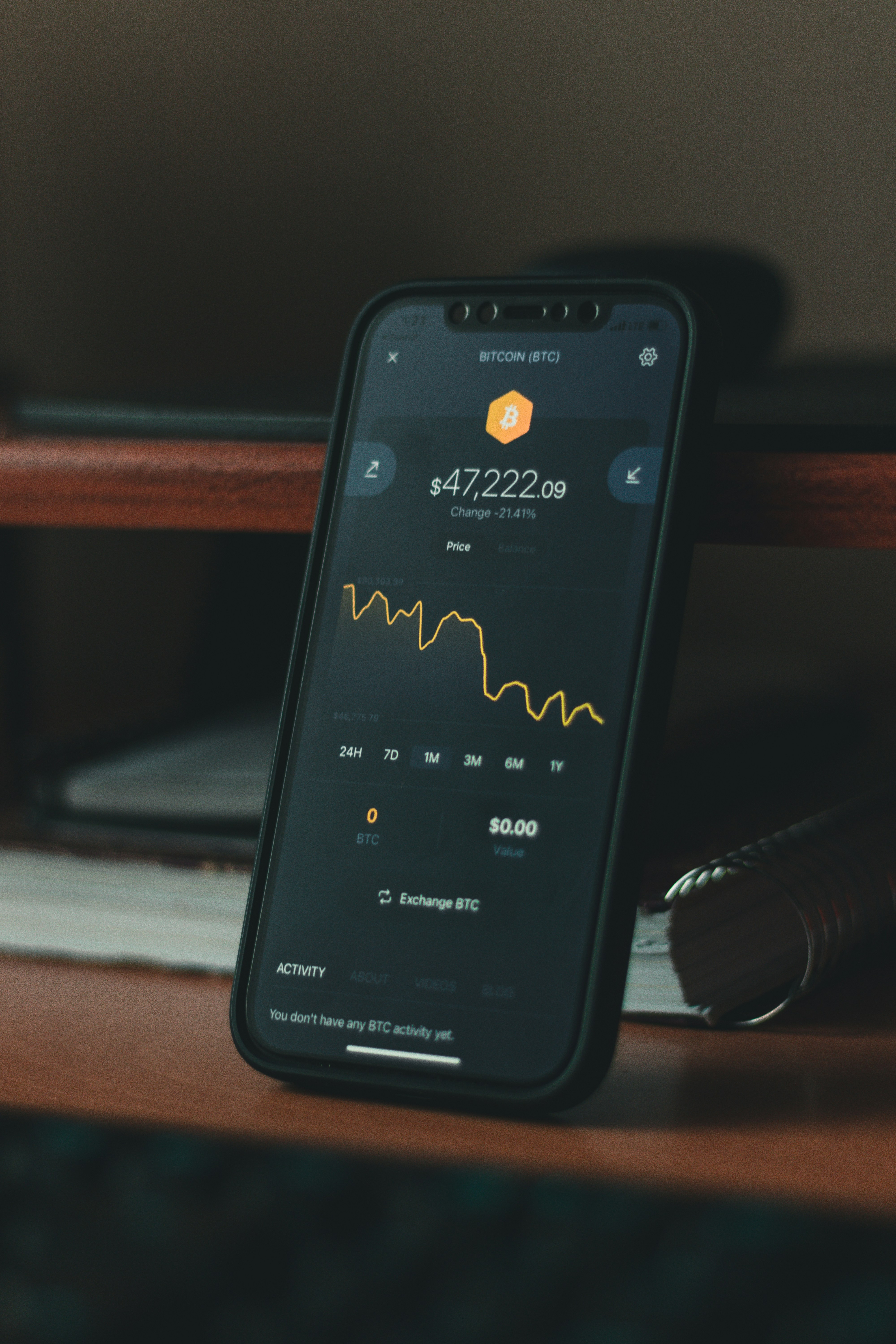Every Day Trader will attest to the fact that paying high commission fees is one way to cut down trade profits. While trying to execute fast trades and stretch your budget, maximising cost is also a must. One extra dollar in fees can quickly add up, especially when you're making multiple trades in a single session. That's why choosing a brokerage with the lowest day-trading fees isn't just smart, it's essential for achieving profitability.
This guide breaks down the cheapest brokers for day trading in 2025, what "low fees" actually mean, and how to pick the right platform based on your trading style.
Why Low Fees Matter for Day Traders
Day trading involves frequent buying and selling, and the more trades you make, the more fees you accumulate. Even small costs like a higher spread or platform fee can eat into your profits, including day trading in the futures and options market, which attracts other costs that could eat into your profit if not careful.
Many platforms advertise zero commissions, but that doesn't mean trading is free, and you might end up spending more than usual if you do not calculate properly. The real cost of day trading includes:
Commissions
A fixed fee placed on every trade. Although some brokers have now waived this fee, it is still part of the costs to consider.
Withdrawal and Deposit Fees
Some brokerage and their platforms charge for funding or withdrawing, which is also a standard process in trading.
Platform Fees
Some brokers charge fees to access advanced trading features, such as Level II market data, scanning tools, and professional-grade platforms.
Spreads
The difference between the buy and sell price. Low spreads matter more than $0 commissions.
Margin Interest
This is the interest charged on borrowed funds, and this applies to traders who trade on borrowed money from their broker.
Overnight Fees
If you hold leveraged CFD positions past market close, this also attracts its own costs.
It is important to trade with brokers that offer low fees because low fees give you more room to scale, more flexibility to test strategies, and more profit left on the table at the end of the day.
To calculate your day-trading cost, calculate the following:
- average spread per trade
- commission (if any)
- margin interest (when borrowing)
- platform/data fees
Then multiply by your average number of trades per session. To make this easy, you can use our day trading calculator here.
Brokers With the Lowest Fees for Day Trading In 2025
To be able to reduce costs in day trading, it is best to go with a broker with low commission fees, competitive spreads, and fewer charges on other transactions too. Some brokers offer the basics at a low fee, and might require you to pay more for advanced features.
Here are the platforms known for their low-cost structure, execution quality, and day-trader-friendly features.
Interactive Brokers

Interactive Brokers stands out as a top choice for active day traders, offering a $0 minimum to open an account. Its pricing structure is highly competitive as it offers $0.0005 to $0.0035 per share on stocks and ETFs, based on trading volume. For options, the fee is $0.15 to $0.65 per contract, while futures go for $0.35 to $0.85 per contract.
They have tight spreads and extremely low margin rates going for as low as 5%, the best in the industry so far. The platform is designed to cater to both big and small traders with advanced trading tools and educational resources.
Whether you are trading stocks, options, or futures, Interactive Brokers is one of the best out there. Get started with Interactive Brokers by setting up an account and enjoying low-cost fees on your trading activities.
Webull

Webull is a modern brokerage platform that offers commission-free trading for stocks, ETFs, and options listed on U.S. exchanges. They also offer no platform fees and free Level II Nasdaq data to aid trading decisions.
However, certain index options may incur a fee of $0.55 per contract and some other regulatory fees from the SEC or FINRA to customers. These charges are not marked up, and Webull does not profit from them.
The platform is best for beginners and casual day traders who are looking for a brokerage with low costs.
READ MORE: Day Trading With Webull: Features, Pros and Cons
Fidelity

Fidelity is known for fast execution and strong reliability. They offer their users $0 commissions for online US stock, ETF, and options trades of $0.65 per contract. With a minimum amount required to open an account on the platforms. Its margin rates go as low as 7.75%, making it one of the lowest in the industry.
Fidelity offers no transaction fee on Non-Fidelity Funds: You can purchase these funds at $0 cost, but if you redeem them within 60 days, a $49.95 short-term trading fee applies. Holding them longer than 60 days avoids this fee entirely.
In addition, Fidelity brokers offer other helpful tools, like the free research tools. Best for both beginner and casual day traders who are looking to minimize trading costs.
READ MORE: Day Trading with Fidelity: Rules, Pros and Cons
Moomoo
Moomoo has carved out a niche among cost-conscious traders by offering a suite of advanced trading tools without the typical price tag. They offer zero commissions on trades, a 6.8% margin rate, and $0 equity options contract fee.
In addition to these, they have included powerful screeners, customizable charting tools, and real-time market insights, all bundled into their platform at no additional cost. This makes it especially attractive for active traders who rely on data-rich environments to make informed decisions. Traders can analyze market trends, backtest strategies, and monitor price movements with precision, all while avoiding hidden fees or subscription costs using Moomoo.
For those who want institutional-level tools but aren't ready to commit to expensive platforms, Moomoo offers a compelling alternative, making it ideal for both emerging traders and seasoned investors looking to maximize value.
TradeStation
TradeStation is a top-tier platform tailored for advanced traders, offering a $0 account minimum and competitive pricing across asset classes. Users can trade stocks and ETFs commission-free, while options are priced at $0.60 per contract and futures at $1.50 per contract ($0.50 for micro e-minis). This cost-effective structure makes it appealing for active investors seeking robust tools without high overhead.
TradeStation is also preferred for its seamless order execution, and includes simulated trading and backtesting capabilities, along with strong fundamental and technical research tools, making it a favorite among serious traders and developers.
However, TradeStation does come with a few limitations. It does not support fractional share trading, and uninvested cash earns relatively low interest. Additionally, while the platform is powerful, it has a steep learning curve that may challenge beginners. For those willing to invest the time, though, TradeStation delivers a highly capable and customizable trading experience.
Which Broker Is the Cheapest Overall?
If you combine spreads, commissions, margin rates, and data fees, Interactive Brokers (IBKR) ranks as the cheapest brokerage for day trading in 2025.
Webull and Moomoo follow closely for beginner and mobile-first traders, thanks to $0 commissions and free Level II data.
Tips for Choosing the Right Low-Cost Broker
Before choosing a broker for your trading activity, here are some tips to help make a great choice:
- Prioritize spreads over commissions
- Always check margin interest rates
- Use brokers that offer free real-time data
- Avoid platforms with withdrawal or inactivity fees
- Choose brokers with tight execution to reduce slippage
- Use a demo account before funding
NB: It is important to define your trading needs, as this will also help you choose a broker that meets your needs, whether low-cost or not.
Final Thoughts
There's no one-size-fits-all brokerage, but low-fee brokers give day traders a real edge. If you want the absolute cheapest professional-grade platform, go with Interactive Brokers. If you want simplicity and zero commissions, Webull, Moomoo, and Fidelity are excellent alternatives.
Whichever platform you choose, focus on execution speed, low spreads, and total cost. Lower fees mean higher profits, especially for active traders.
Related Read: Top 12 Day Trading Apps of 2025
Frequently Asked Questions
Are zero-commission brokers actually free for day trading?
Not exactly. Zero commission usually means no fee per trade, but brokers still earn from spreads, payment for order flow (PFOF), margin interest, and platform subscriptions. Day traders should compare total trading costs, not just commissions.
Do brokers charge extra for real-time market data?
Some do. Many platforms offer basic Level I data for free but charge for Level II, advanced scanners, or real-time options flow. Day traders often need upgraded data feeds, so this cost matters.
Which broker has the lowest margin interest for day trading?
Interactive Brokers consistently offers some of the lowest margin rates globally, making it ideal for traders who use leverage heavily.
Is it safe to day trade with mobile-only brokers like Webull or Moomoo?
Yes, they're safe and regulated. But for traders using complex strategies or scalping, desktop platforms like IBKR or TradeStation often provide better execution tools.
Which type of fees should day traders pay the most attention to?
Spreads, margin interest, and data fees usually matter the most. Commissions are now secondary since many brokers have removed them.
Can you day trade on multiple brokerages at the same time?
Absolutely. Many traders use one broker for charting and analysis, and another for actual trade execution, depending on spreads, fees, or asset availability.
Does account size affect the fees I pay?
Yes. Larger accounts typically get better margin rates (IBKR is a great example). Some brokers also lower fees as your trading volume increases.
Which broker is best for day trading volatile markets like crypto?
Interactive Brokers, Moomoo, and Webull don't offer deep crypto trading tools. For day trading crypto with low fees, Binance, Kraken, and Coinbase Advanced Trade are better options (depending on region).

Follow Us On Social Media